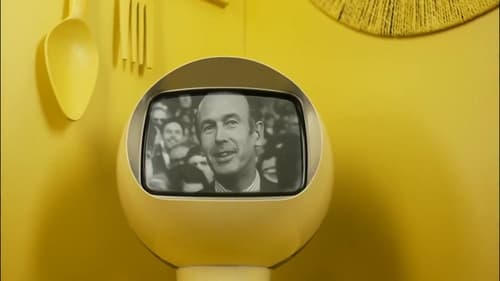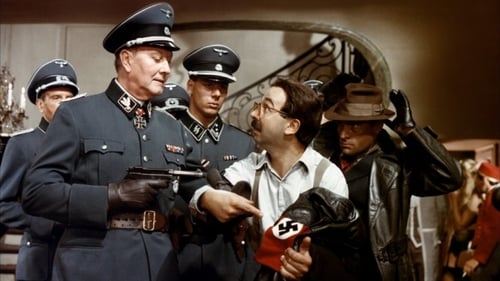
Self (archive footage)
In May 1974, Valéry Giscard d'Estaing became President of the Republic and wanted to bring about a new era of modernity. One of his first decisions was to break up the ORTF with the creation of three new television channels: TF1, Antenne 2 and FR3. Three new public channels but autonomous and competing. It is a race for the audience which is engaged then, and from now on the channels will make the war! This competition will give birth to a real golden age for television programs, with variety shows in the forefront. The stars of the song are going to invade the living rooms of the French for their biggest pleasure. This unedited documentary tells the story of the metamorphosis of this television of the early 1970s, between freedom of tone, scandals, political intrigues and programs that have become mythical.

Self (archive footage)
"Homosexuality, this painful problem "... It was thirty years ago, the title of a program of Ménie Grégoire! But what has happened since the seventies, when France was transformed and the gay movement emerged? For gays and lesbians, thirty years of fights, hopes and despairs, thirty years of parties, sufferings and mournings, victories and emancipation. Thirty revolutionary years, pink and black, on which Yves Jeuland has examined, in an approach that is at once documentary, historian and ethnographer. First part: "Red years" (1971/1979) "Pink years" (1979/1984) Second part "Black years" (1983/1991) "Rainbow years" (1992/2002)

en personne
It is 1943 in Paris. Like so many others, the Bourbelle family's home has been taken over by the Germans and they now live in their cellar. Little do they know that the son, Guy-Hubert Bourdelle, is far from being the cowardly hairdresser he pretends. He is in truth the Germans’ most feared opponent: le super-résistant!

Jean-Claude
After the death of his parents, Pierre is forced to care for his younger sister Nathalie by committing petty crimes. In a recurring motif of Gérard Blain’s cinema, Pierre is taken under the wing of an older gay man, Hubert , who offers him work and financial security; but when Hubert makes advances to him, Pierre robs him and takes up with a group of radical leftists who are planning terrorist attacks. Without employment, Pierre loses Nathalie to child services and spirals into desperation, finally erupting in an act of horrific violence. An x-ray showing the largely undiagnosed sickness of its time, and a stern warning to ours.

Presenter
French television panel discussion with German and French veterans of World War I, conducted after the viewing of G. W. Pabst's 1930 film WESTFRONT 1918.



